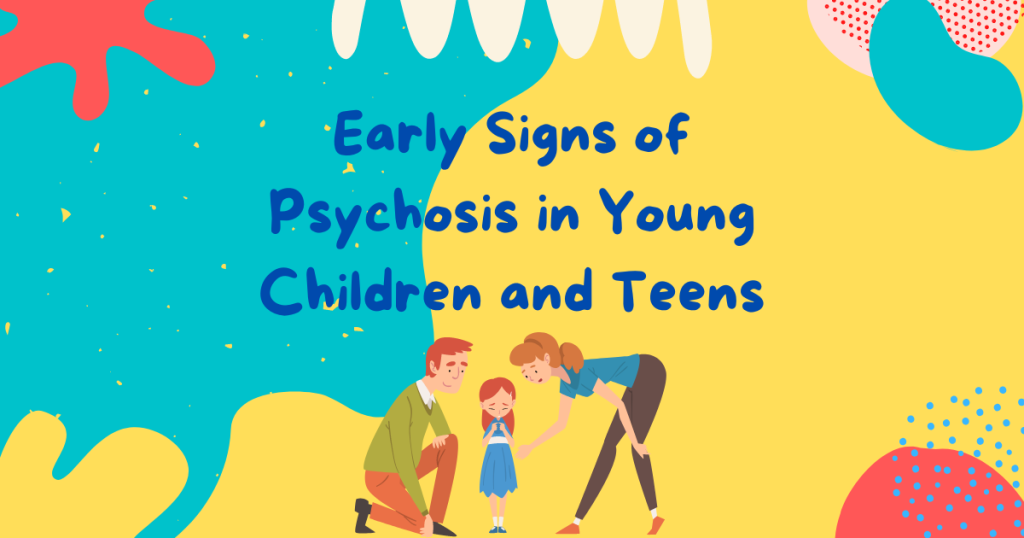There is much responsibility sitting on the shoulders of parents and teachers. Not only are you in charge of overseeing a child’s education, but you must observe their overall well-being as well. This is why programs such as SPLAT (Supporting Parent, Learners, Administrators, and Teachers) are extremely beneficial.
While many may assume children act a certain way simply because they are children, this is not always the case. In special circumstances, children or teenagers may exhibit behaviors that seem out of the ordinary to you.
It’s imperative that we learn more about common mental health concerns and symptoms such as psychosis. By learning more about psychosis, you can become better equipped to help the child or teen in your life. Find out how you can spot the signs early and how you can help!
Table of Contents
What is Psychosis?
While many assume that psychosis is a mental disorder, it is actually a symptom of various mental health disorders. Psychosis is the inability to define the difference between reality and fiction. People who experience psychosis may find it difficult to believe in the things around them.
According to the National Alliance on Mental Illness, “Psychosis is characterized as disruptions to a person’s thoughts and perceptions that make it difficult for them to recognize what is real and what isn’t.” This means that psychosis can cause a person to have confusing thoughts and emotions about the world around them. To learn more about psychosis, continue reading articles written by reliable and medically-reviewed sources. The more knowledge we gain, the better prepared we are.
The Cause of Psychosis
The cause of psychosis can be various mental health disorders. Most commonly, psychosis is found in schizophrenia patients. Those who live with schizophrenia are typically diagnosed during their teenage or young adult years of life.
Psychotic disorders such as schizophrenia are often caused by a person’s environment, genetics, and childhood. If a child has an immediate family member that lives with a mental health disorder, they are more likely to develop one as well. Environmental factors include treatment from family members, stress, school experiences, traumatic events, and witness to violence.
Common Symptoms in Young Children and Teens
As a young child, you may notice some developmental issues. For example, they may walk or talk later in life than other children their age. They may also engage in what could be considered odd behavior such as involuntary movements. However, being diagnosed at this age is extremely rare.
As children age, the symptoms may present themselves differently. They may claim to hear and see things that are not actually there. For example, a young child may think that a man is standing in the corner of the room despite reality saying otherwise.
Children or teenagers may also begin to believe various delusions. A delusion is a belief that someone cannot convenience you otherwise. People with severe mental health disorders can have delusions of being chased or perceiving themselves as of great importance.
Treatment Options for Young Children and Teens
The most common treatment option for children and teenagers dealing with psychosis is a combination of therapy and medications. In some cases, individuals can also go through resident programs that solely focus on the recovery of a group.
Therapy options include individual therapy and family-based therapy. When children are young, the idea of therapy can be confusing and overwhelming. With family therapy, you and the therapist can be there to support the child. Medication is also common in treating psychosis. Utilizing antipsychotic medications in your child’s or teenager’s life can help them resist the urge to harm themselves, control their anger, and help them stabilize their moods.
As you embark on the journey of recovery with your child, you must support your child and find support for yourself. You can find support through therapy, friends, and family. A good support system is the best foundation for navigating the healing process.
